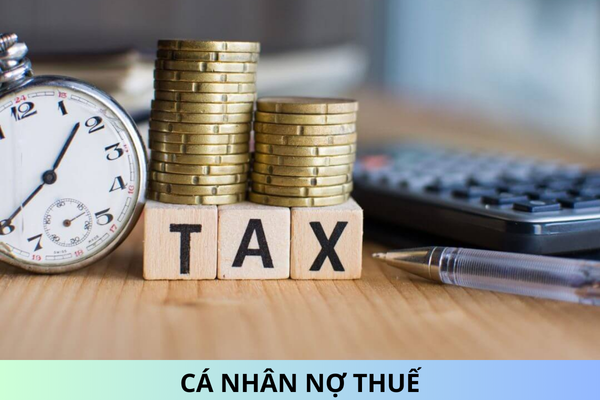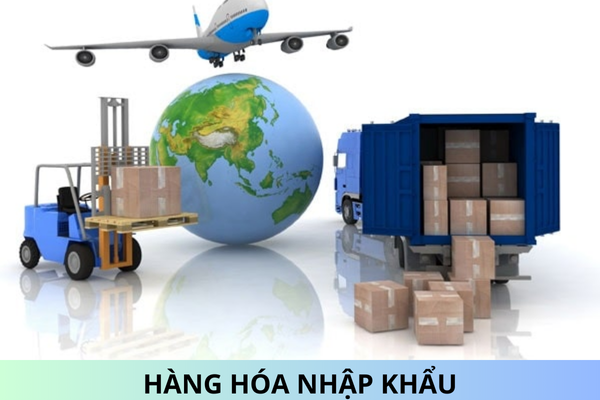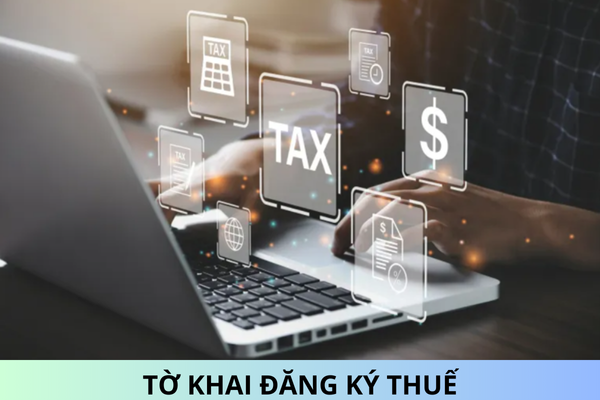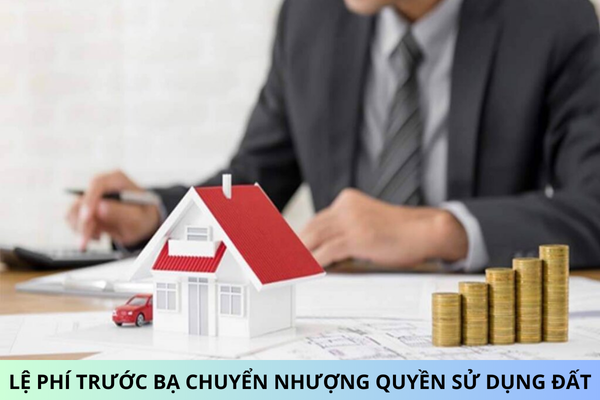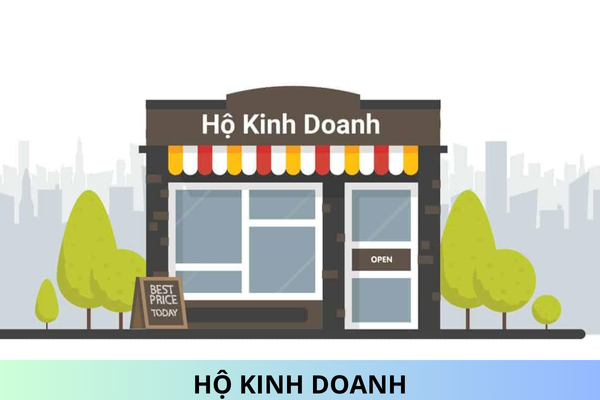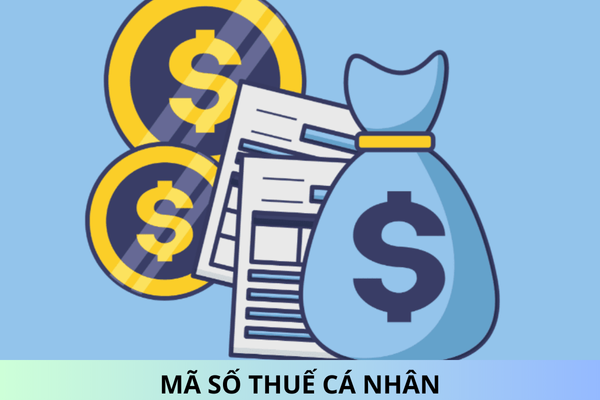Issuance of Decree 72 on the policy of reducing value-added tax in Vietnam
Has the Decree 72 on the policy of reducing value-added tax in Vietnam ben issued yet? Which types of goods and services are eligible for value-added tax reduction in Vietnam?
Issuance of Decree 72 on the policy of reducing value-added tax in Vietnam
On June 30, 2024, the Government issued Decree 72/2024/ND-CP, which stipulates the policy of reducing value-added tax according to Resolution 142/2024/QH15.
- The relevant ministries, agencies, and provincial-level People's Committees under the central government are responsible for directing the implementation, dissemination, guidance, inspection, and supervision to ensure that consumers understand and benefit from the value-added tax reduction as prescribed in Article 1 of Decree 72/2024/ND-CP.
Specifically, the focus is on stabilizing the supply and demand of goods and services eligible for value-added tax reduction in order to maintain price stability in the market (prices excluding value-added tax).
- In the event of any difficulties or obstacles during the implementation process, the Ministry of Finance shall provide guidance and resolution.
Decree 72/2024/ND-CP is effective from July 1, 2024, until December 31, 2014.
Issuance of Decree 72 on the policy of reducing value-added tax in Vietnam - image from internet
Which types of goods and services are eligible for value-added tax reduction in Vietnam?
Based on Clause 1, Article 1 of Decree 72/2024/ND-CP, which regulates the reduction of value-added tax, the following groups of goods and services will be eligible for value-added tax reduction, except for the following:
- Telecommunications, financial activities, banking, securities, insurance, real estate business, pre-cast metals and metal products, mineral products (excluding coal mining), coke, refined petroleum products, and chemical products. Details are provided in Appendix 1 issued with Decree 72/2024/ND-CP.
- Goods and services subject to special consumption tax. Details are provided in Appendix 2 issued with Decree 72/2024/ND-CP.
- Information technology according to the laws on information technology. Details are provided in Appendix 3 issued with Decree 72/2024/ND-CP.
- The reduction of value-added tax for each type of goods and services as prescribed will be uniformly applied in the stages of importation, production, processing, and commercial business.
For coal products sold (including cases where coal is mined and then screened and classified before being sold) which belong to the group eligible for value-added tax reduction.
Coal products listed in Appendix 1 issued with Decree 72/2024/ND-CP, except for the stage of coal mining and sale, will not be eligible for value-added tax reduction.
State-owned corporations and economic groups that implement closed-loop processes for selling coal products will also be eligible for value-added tax reduction for coal products sold.
In the case of goods and services mentioned in Appendices 1, 2, and 3 issued with Decree 72/2024/ND-CP, which are either exempt from value-added tax or subject to a 5% value-added tax rate as stipulated in the Law on Value Added Tax 2008, the provisions of the Law on Value Added Tax 2008 will apply and no value-added tax reduction will be granted.
How much is the reduction in value-added tax in Vietnam?
Based on Clause 2, Article 1 of Decree 72/2024/ND-CP, the reduction in value-added tax is as follows:
- Businesses that calculate value-added tax using the deduction method will apply a tax rate of 8% for goods and services.
- Businesses (including individual businesses and household businesses) that calculate value-added tax based on a percentage of revenue will reduce the applicable percentage by 20% when issuing invoices for goods and services eligible for value-added tax reduction.
What are the conditions for deducting input value-added tax in Vietnam?
Based on Clause 2, Article 12 of the Law on Value Added Tax 2008 (amended by Clause 6, Article 1 of the amended Law on Value Added Tax in 2013), the conditions for deducting input value-added tax are determined as follows:
- Having value-added tax invoices for purchasing goods, services, or documents for paying value-added tax at the import stage.
- Having non-cash payment documents for purchased goods and services, except for goods and services purchased individually with a value below twenty million Vietnamese Dong.
- For exported goods and services, in addition to the conditions specified in points a and b of this clause, the following documents are also required: a contract signed with foreign parties for selling, processing goods or supplying services; sales invoices for goods or services; non-cash payment documents; customs declaration for exported goods.
Payment for exported goods and services in the form of offsetting between exported goods and services and imported goods and services, or repayment on behalf of the State, is considered non-cash payment.

